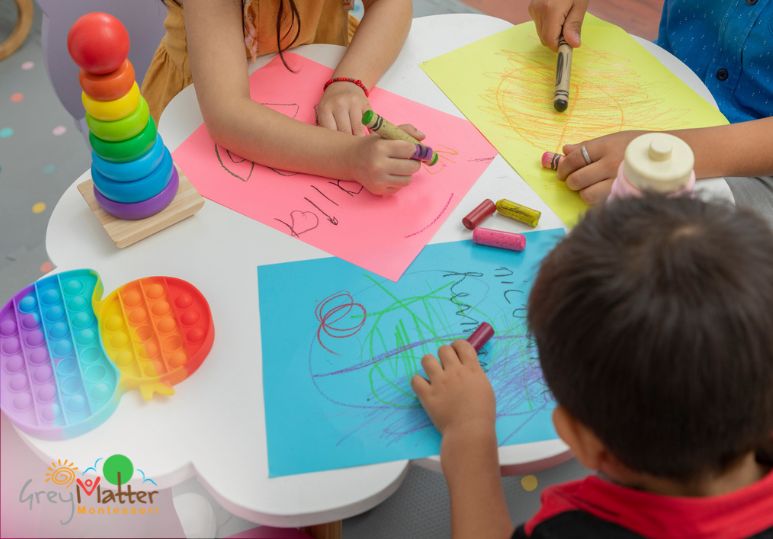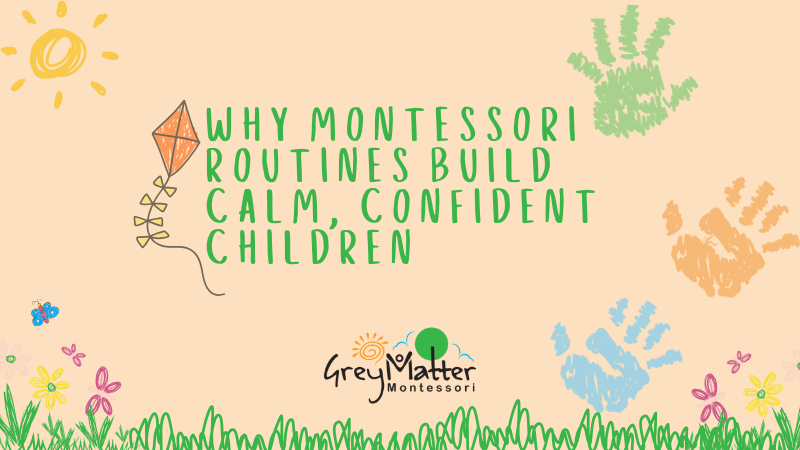Supporting Emotional and Social Learning (SEL) in Preschool
In a bustling preschool classroom, filled with laughter, chatter, and the occasional temper tantrum, it's clear that our youngest learners are already deeply emotional beings. Their little hearts and minds are continuously grappling with feelings, relationships, and social cues, all while trying to navigate their expanding worlds. Thus, introducing Emotional and Social Learning (SEL) at this stage becomes not just beneficial, but imperative. SEL, at its core, provides children with tools to understand and express emotions, build relationships, and make responsible decisions. In a preschool setting, it lays the foundation for a future of healthy emotional and social interactions.
The Importance of SEL in Early Years
The formative years of a child's life are crucial for emotional and social development. During this period, children begin to comprehend their own emotions, understand the feelings of others, and develop the ability to manage interpersonal relationships. SEL in preschool is like giving them a roadmap to navigate these uncharted territories.
Research consistently shows that children who receive early SEL support tend to have better academic performance, improved attitudes, and fewer behavioural problems later in life.
Additionally, they display a greater capacity for empathy, understanding, and conflict resolution. With a foundation in SEL, they are better equipped to handle the rigours of school life and the complexities of social interactions.
Classroom Strategies for Fostering Emotional Intelligence
A successful SEL program goes beyond just theory; it involves practical steps and activities tailored to young minds. Here are some ways to integrate SEL in a preschool setting:
- Emotion Wheels: Using a simple wheel with faces displaying different emotions, children can point to or discuss the emotion they're feeling. This helps them not only recognize their own emotions but also communicate them.
- Story Time with SEL Themes: Books and stories can be powerful tools for teaching emotional understanding. Choose stories that portray characters experiencing a range of feelings or facing social dilemmas. Post-story discussions can delve into how characters feel and the choices they make.
- Role-Playing: Children love to play pretend. Incorporate scenarios where they can role-play different social situations, allowing them to practice empathy, conflict resolution, and effective communication.
The Role of Teachers and Parents in SEL
The success of SEL in preschool relies heavily on the active involvement of both educators and parents. A consistent approach, bridging the gap between home and school, reinforces the lessons being taught.
For teachers, it's essential to create a safe and supportive environment. This involves recognizing and validating children's feelings, teaching them conflict-resolution techniques, and offering ample opportunities for group activities that foster collaboration and mutual respect.
Parents play an equally crucial role. Engaging in open conversations about feelings, modelling appropriate emotional reactions, and praising positive social behaviours all contribute to the child's SEL development. Moreover, teachers and parents should maintain open communication, sharing insights and observations about the child's emotional and social growth.
Supporting Emotional and Social Learning in preschool is like planting a seed. With the right nourishment from educators and parents, it grows into a tree of emotional resilience, social understanding, and responsible decision-making. As our world becomes increasingly interconnected, these skills are not just beneficial; they are vital. By prioritizing SEL in preschool, we give our children the best possible start, equipping them with tools they'll use for a lifetime.
Written on behalf of Grey Matter Montessori.
FAQ
Q: What is Emotional and Social Learning (SEL) in the context of preschool education?
A: SEL provides preschool children with the tools to understand and express emotions, form healthy relationships, and make responsible decisions, laying the foundation for future emotional and social interactions.
Q: Why is SEL particularly important during preschool years?
A: The early years are pivotal for emotional and social development. Introducing SEL at this stage equips children with a roadmap to understand their emotions, empathize with others, and handle interpersonal relationships effectively.
Q: How can parents support SEL development at home?
A: Parents can engage in open dialogues about feelings, model appropriate emotional behaviours, and maintain consistent communication with teachers about their child's emotional and social progress.






